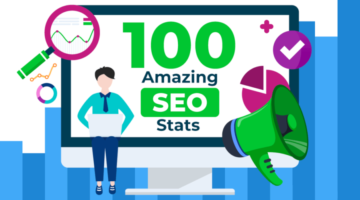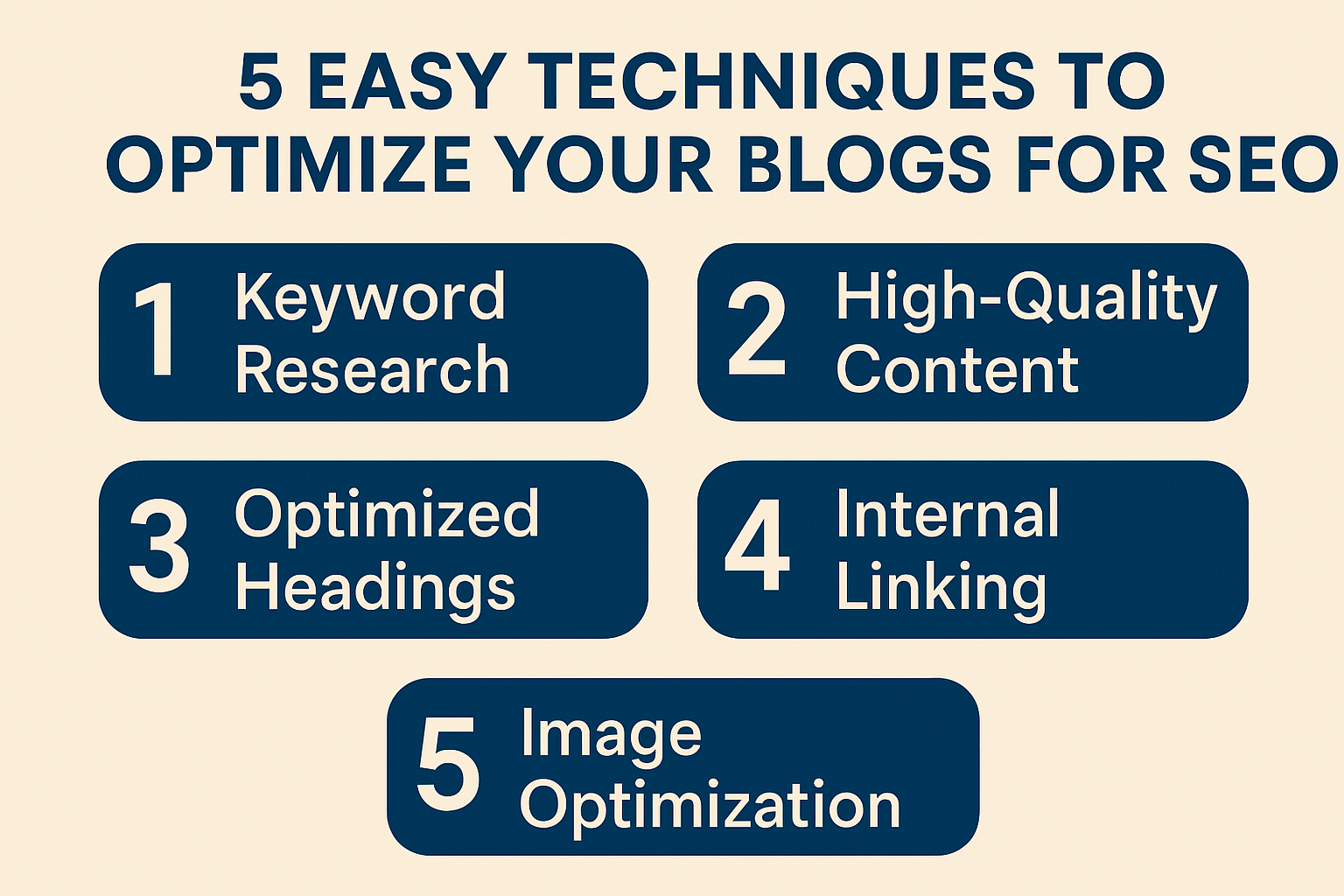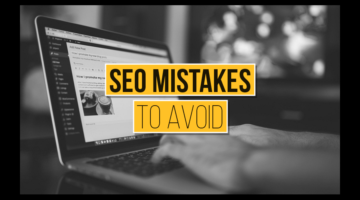What Makes People Afraid of SEO?
Unraveling the Fear: Understanding the Common Causes of SEO Anxiety
If you are a business owner, you may have heard people stating that SEO is a time-consuming job that requires a lot of effort. You understand that it is necessary to optimize your site, but you may not want to handle the ‘SEO stuff’ for many reasons.
So, what are these SEO factors that are necessary but business owners feel hesitant about using or embracing them?
Time Consuming
If you are new to the SEO world, you may think that it is a complicated and lengthy strategy that involves several components. SEO indeed comprises several factors, but not all of them are implemented simultaneously. Some business owners feel reluctant to start a time-consuming and expensive SEO strategy because their previous attempt was unsuccessful, and the efforts were wasted.
Again, be patient and consider a few options. The best option is to delegate your SEO responsibilities to a reputable service provider so that you can spend time running your business. At the same time, the professionals take care of your SEO.
Too Technical
Some business owners believe that SEO is too technical and complicated a process, and therefore must be implemented by a technical professional or a web developer. While you cannot be qualified to handle all aspects of SEO, there are some elements that anyone can implement.
For that, there is no need for a development or technical background. The fundamental elements of SEO can be learned in a few hours. If your business is a new startup, these basic and simple SEO tactics are often enough for optimization.
 There is No Magic Formula
There is No Magic Formula
If you believe that SEO will work like a magic formula and bring you immediate online profit and success, you will not only be frustrated but also disappointed. Remember, SEO is a highly valuable investment in your business’s profitability and brand establishment. However, like any other business strategy, it also takes time before producing a return on investment.
The difference is that the ROI from SEO often arrives slowly. These slow results are frequently misinterpreted as insignificant, and thus, they are relegated to a much lower priority.
Penalties or Punishments
If you pursue Search Engine Optimization on your own, chances are you have heard a lot about Google SEO penalties. No doubt, there are many potential penalties or punishments for the unwary. You might incorporate a foolproof method to achieve a higher ranking, but only to find out that it is something highly despised by Google.
The solution to this is not to be afraid or to avoid SEO, but to implement only the best practices. This is one of the primary reasons why people leave tasks to professionals and prefer their expertise to achieve better results.
Regardless of whether you believe in any of the discussed factors or think that incorporating SEO may make your business appear gimmicky, SEO is a fundamental element of an online marketing strategy and helps improve the user experience.
Need an expert in line with Contact OHS Publishing right away.
Search Engine Optimization (SEO) is essential for any small business seeking to establish a robust online presence and attract more customers. In today’s digital age, where the majority of consumers turn to search engines to find products and services, small businesses need to implement effective SEO strategies. In this article, we’ll explore the importance of SEO for small businesses and provide actionable tips to improve their online visibility and rankings.
The Importance of SEO for Small Businesses
Small businesses often operate on a limited budget and with limited resources, making it challenging for them to compete with larger corporations in the digital landscape. However, with the proper Search engine optimization strategy, small businesses can level the playing field and effectively reach their target audience. Here are some key reasons why SEO is vital for small businesses:
- Increased Online Visibility: Effective techniques enable small businesses to enhance their online presence, making it easier for potential customers to locate them on search engines like Google.
- Targeted Traffic: By optimizing their website for relevant keywords, small businesses can attract highly targeted traffic to their site, increasing the likelihood of converting visitors into customers.
- Builds Trust and Credibility: High search engine rankings can significantly impact a small business’s credibility and trustworthiness in the eyes of consumers, ultimately leading to more conversions and sales.
Understanding the Basics of Search Engine Optimization
Before diving into SEO strategies, small businesses need to understand the fundamental aspects of SEO. Search engine optimization encompasses various tactics and best practices designed to enhance a website’s visibility and ranking on search engine results pages (SERPs). Key elements of SEO include:
- Keyword Research: Identifying relevant keywords that your target audience is searching for is crucial for optimizing your website’s content and attracting exemplary visitors.
- On-Page SEO: This involves optimizing on-page elements, such as meta tags, headings, and content, to make them more search engine-friendly.
- Off-Page SEO: Building quality backlinks and establishing a strong online presence through social media and other platforms are vital for off-page SEO.
Effective SEO strategies for small businesses require a combination of these elements to achieve sustainable results and improve their online visibility.
Top SEO Tips for Small Businesses
Now that we’ve highlighted the importance of SEO and its fundamental aspects, let’s explore some actionable tips that small businesses can implement to enhance their SEO efforts:
1. Create High-Quality, Relevant Content
Content is king in the digital realm, and small businesses must focus on creating high-quality, relevant content that resonates with their target audience. By producing valuable content, small businesses can attract organic traffic and establish themselves as industry authorities, thereby improving their search engine rankings.
2. Optimize Your Website for Mobile
With the majority of online searches now being conducted on mobile devices, small businesses must ensure that their websites are mobile-friendly. Mobile optimization not only enhances the user experience but also signals to search engines that your site is responsive and user-oriented.
3. Local SEO Strategies
For small businesses targeting a local audience, implementing strategies is paramount. This includes optimizing Google My Business listings, obtaining positive reviews, and ensuring consistency in business information across online directories.
4. Leverage the Power of Social Media
Social media platforms play a significant role in an integrated SEO strategy for small businesses. By engaging with their audience on social media, companies can drive traffic to their website and improve their brand’s online presence, ultimately contributing to improved search engine rankings.
SEO is a game-changer for small businesses seeking to establish a presence in the competitive digital landscape. By implementing effective strategies, small businesses can enhance their online visibility, reach their target audience, and ultimately drive business growth. As search engines continue to evolve, staying up-to-date with the latest SEO trends and best practices is crucial for small businesses seeking to maintain their competitive edge.
Remember, SEO for small businesses is an ongoing process that requires dedication and continuous optimization. By focusing on creating valuable content, implementing local strategies, and staying current with the latest trends, small businesses can level the playing field and compete effectively in the digital landscape.












